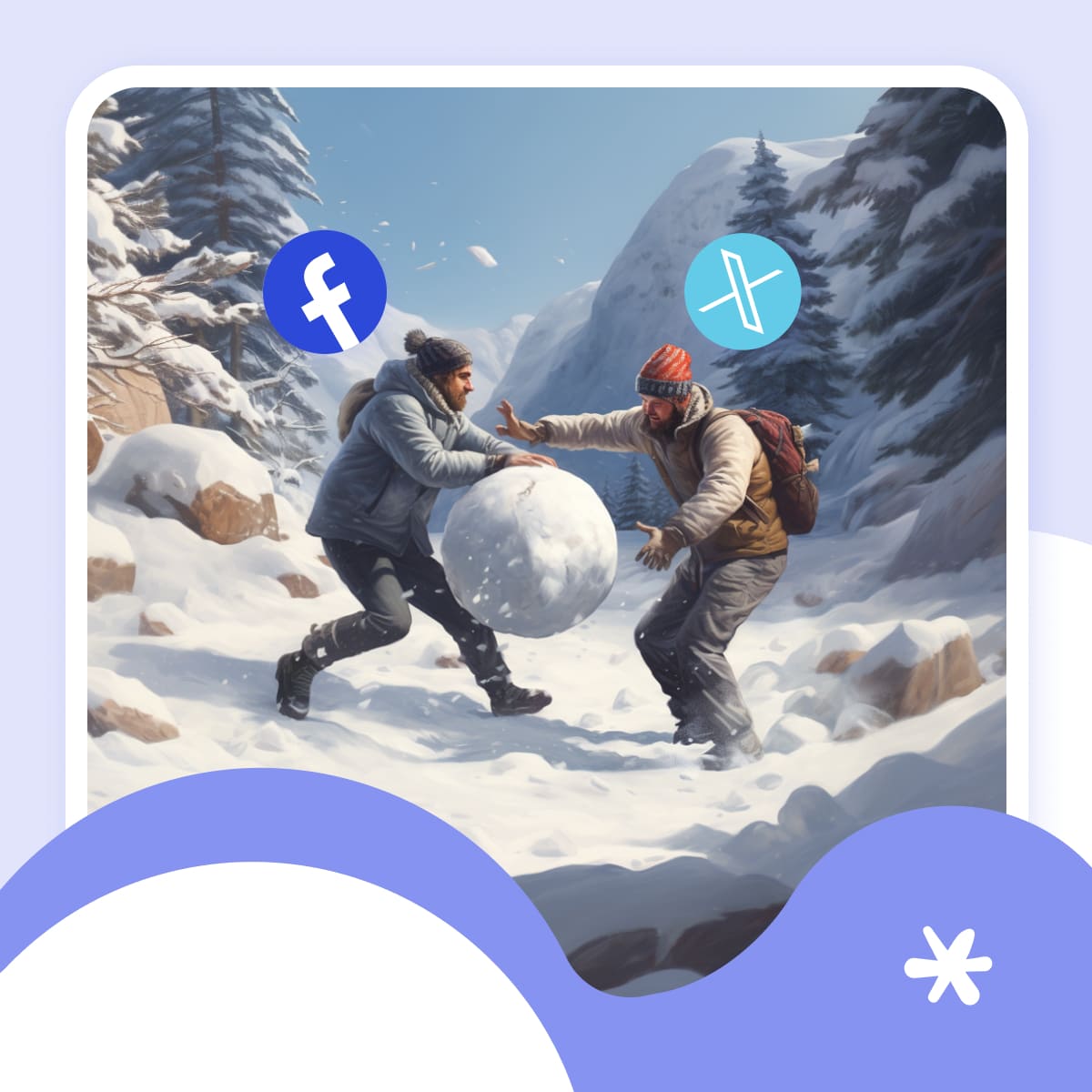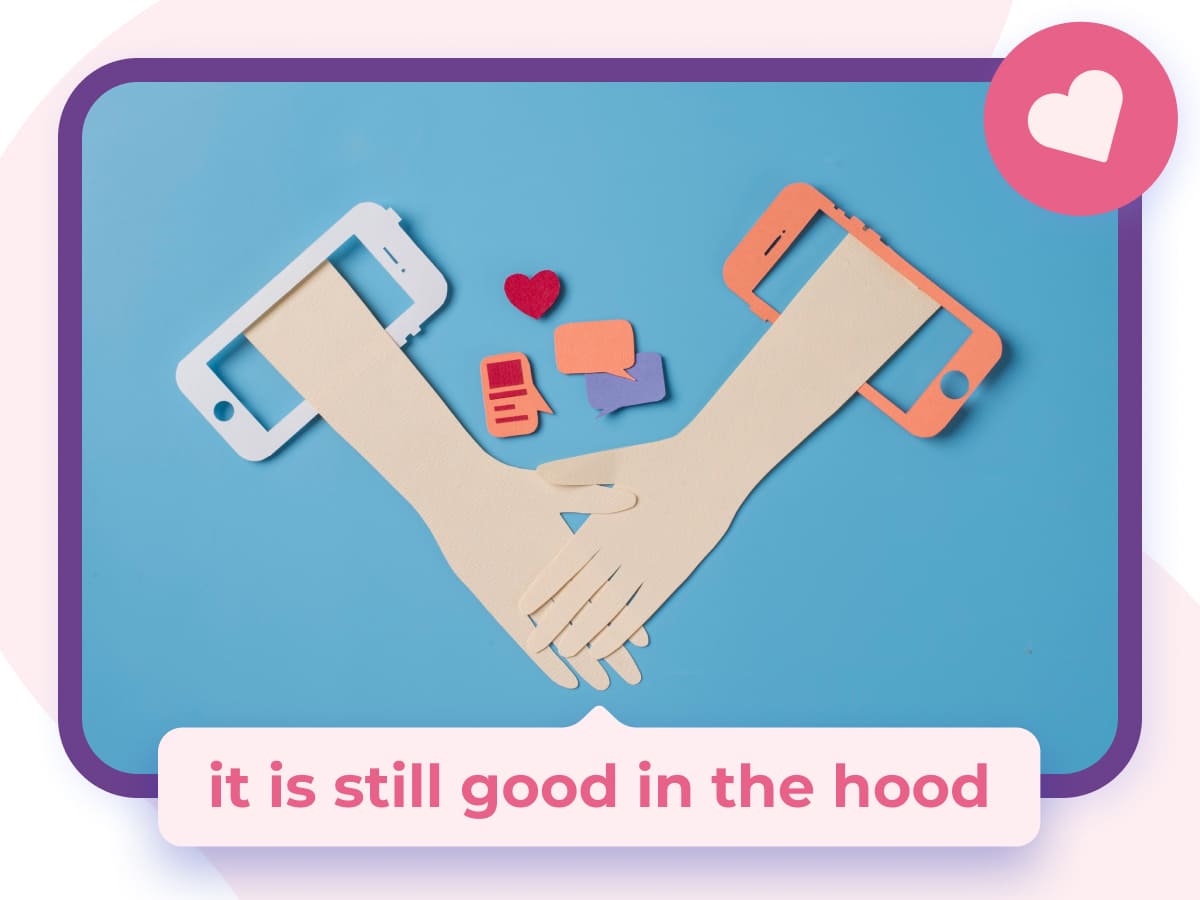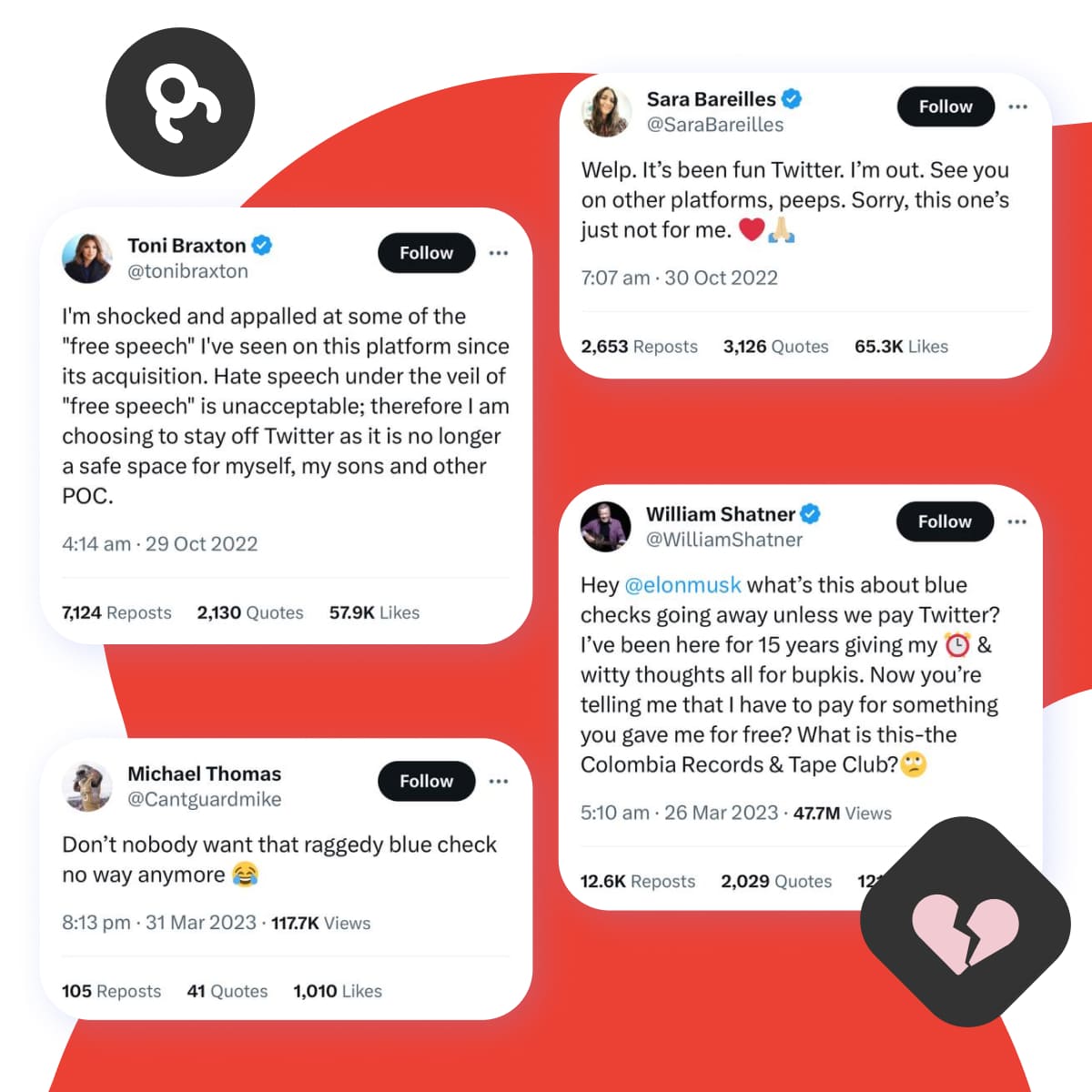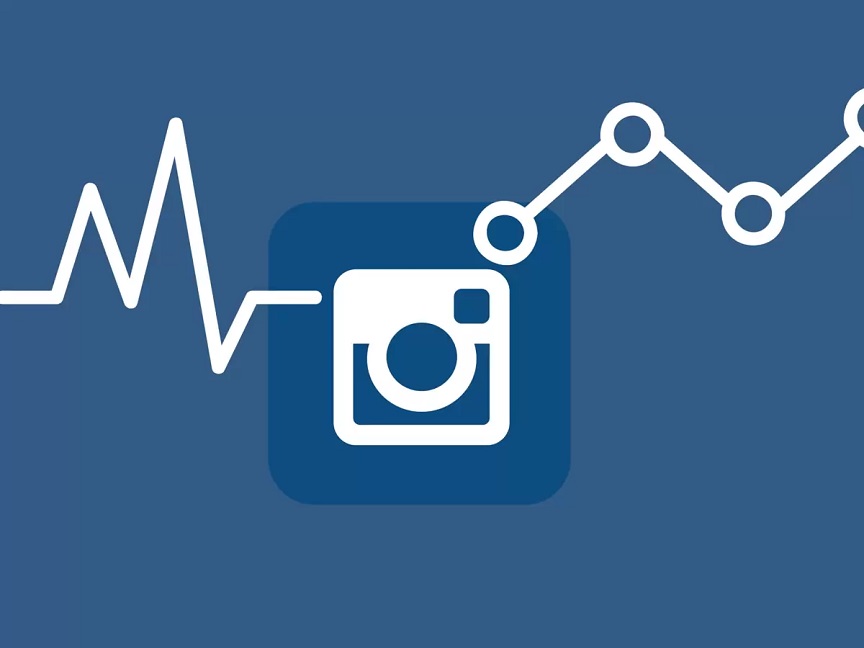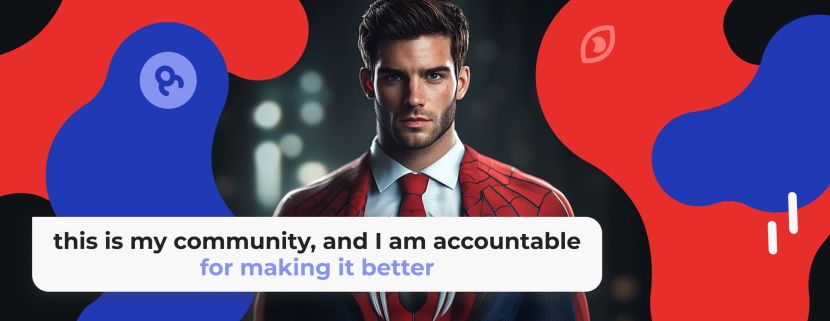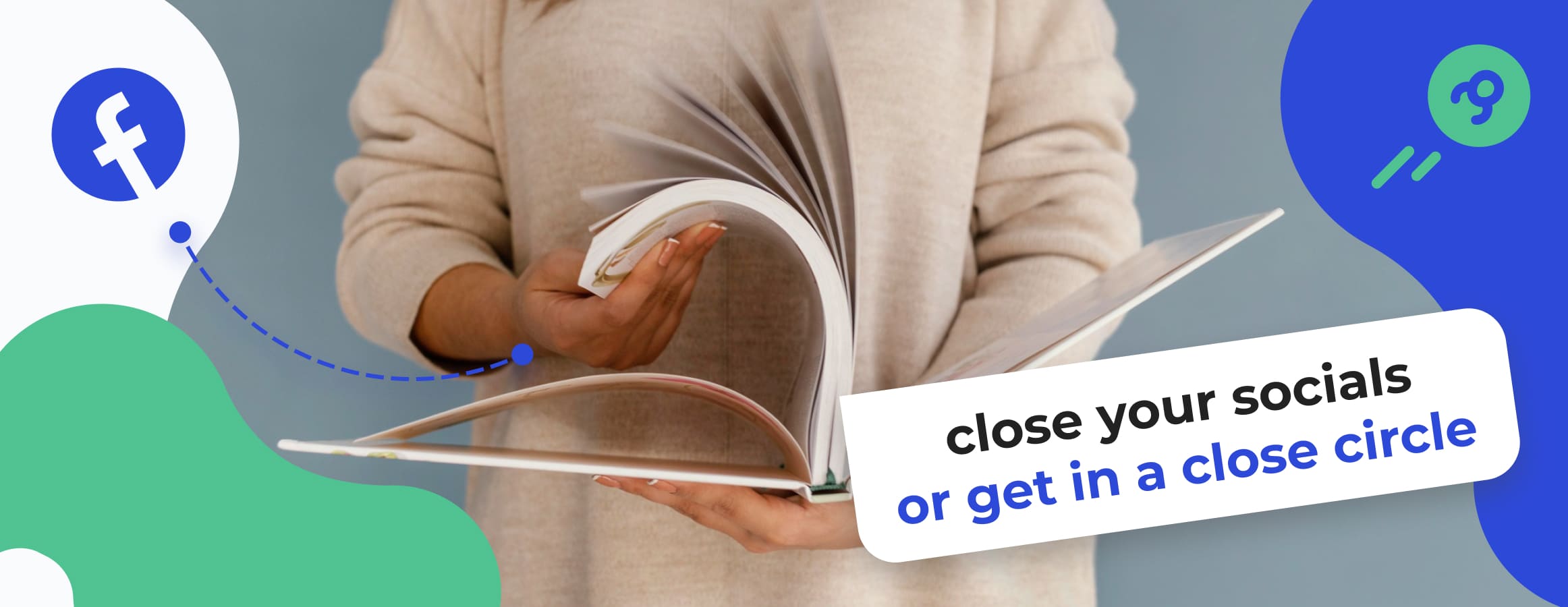
Back in 2004, four Harvard University students revolutionized the way people communicate with each other. This is the well-known Facebook we are talking about. Then, we will be covered by an avalanche of all kinds of platforms, but let's pay tribute to those who stood at the origins.
It was with the advent of this social network that the era of Web 2.0 began. (Read/Write Web), marked by the explosion of user-generated content and the dominance of applications that greatly expanded the capacities of the Internet.
So, to become part of social networking today, you just need to sign up on the chosen platform to gain access to everything that is created by the collective mind in the digital world.
For almost 20 years, we got used to existing online. Virtual space has become a second home for us. But what if this is not exactly OUR having? What if we just simply were granted free rent, which has every chance of becoming a paid one, though?
Well, this is not as absurd an assumption as you might think.
The Snowball Continues to Roll Out
Facebook has positioned itself as a free platform that brings people together. It has managed to attract that many people because it promises always to be free.
Yet, things may change dramatically shortly. The previous slogan e that encouraged new users to sign up was: “It’s free, and will always be.” However, if you want to sign up for Facebook now, you'll be greeted with a new message: “It's time to build.”
On top of that, the precedent of X's (formerly Twitter) decision to keep the subscription for all users stirred the pot. So far, the new Terms of Use have affected only those from New Zealand and the Philippines registered through the web version. Posting, replying, citing, reposts, bookmarking, and more will all cost $1 per year above the $8 per year Premium plan introduced earlier.
Management justified this decision by introducing the Not A Bot program aimed at fighting off fake accounts. However, this does not change the fact that the principle of free social networks has been dealt a serious blow.
Another major jolt broke out in the autumn of 2023. The Wall Street Journal, citing insider information about Meta's plans, reported that Facebook is charging a subscription for using the platform without advertising.
Facebook might have just released the entry price owing to external circumstances. The introduction of Facebook verified subscription is intended to partially solve the problems that the company encountered after the rules for collecting private data got tightened.
Due to EU legislative changes, Meta was fined almost $400 million for the fact that personalized advertising was included in Facebook's Terms of Use. For the same reason, “Threads” (a newly lounged platform) remains unavailable in most European countries.
Well, the decision about a paid subscription can be dictated by many factors. But what consequences does this have for the average user?
Let’s delve into it!
Sound Ideas Behind the Paid Subscription
Aside from the obvious inconvenience of having to part monthly with a certain amount of money from your pocket, there are quite a lot of things that leave this idea on the bright side.
- Security issues control. The concept of anonymity in the media space has given rise to hordes of fake accounts. Platforms regularly impose stricter conditions, but so far this has not led to any visible results. Therefore, both X and Facebook verification subscription allows linking a user to a specific account. Thus, this will reduce the number of bots and steer through harmful and illegal content.
- Managed ads. It's no secret that advertising has been the main source of income for social networks. With one-sided monetization, the desires of users faded into the background. The developers were simply forced to expand the business opportunities on the platform to keep it floating. Now the ball is in another court For example, with a Facebook gold subscription, users can control the amount of advertising content themselves or turn it off altogether.
- Content quality. Since users pay for access to content, the requirements for its quality increase accordingly. After all, if people don’t see real value from the product, they’re unlikely to stay with the account for long. Through natural selection, only those who understand what the audience needs and, most importantly, can provide it, survive on the platform. For the user, this means that you get already filtered materials by default.
- Exclusive features. A rather controversial benefit is that, in a good way, improvements on the platform should be available to all users. However, if for Facebook a paid service simply means no ads and personalized support, Twitter has created a gap between the capabilities for paid and free accounts, such as checkmark, larger reply prioritization, ID verification, Media Studio, and more. So, proceeding with a fee greatly expands your social media toolbox.
As you can see, paid access to platforms transforms the user from a passive consumer of content into an active regulator of the social network itself.
Let’s say, we have no trouble with Netflix, yet the very idea that we have to pay for media space is still not easy to wrap our heads around. Some might even refuse to put up with this.
Reasons to Rise in Arms
Social networks have been actively making money from users through online advertising all along. Therefore, such an aggressive transition to a paid Facebook verification subscription looks more like a way to further diversify income than a sincere desire to make the social network audience-oriented.
Besides being the driving force that attracts advertisers, users also have to settle with the platforms for their presence to have access to something that pays for itself. Naturally, not everyone is happy with such a state of affairs. A large share of users declares their readiness to cancel on social networks.
However, such a radical behavior not only affects the platforms but also significantly limits human comfort. We can hardly picture our lives without social networks. While time spent there used to be part of leisure activities, now they have turned into full-fledged workspaces. So, it can be quite difficult to give them up.
How to Get Your Right to Decide Back
To remain active on the platform, that is, publishing content, interacting with the audience, and using the messenger without being registered, is unrealistic. However, if retaining access to certain information is a snag, there is a way out.
In this case, special third-party services will come into use, which make it possible to consume content without having your account on the platform.
How does this work? Here is an example of the Profile Viewer by Inflact. It should be noted that the program is suitable exclusively for Instagram. Again, similar tools exist for other social networks that work on a similar principle.
Online services are the easiest to deal with as they don't require installation, unlike apps or extensions. All you need is to go to the official website and have the username of the person whose page you are about to view As soon as the necessary information enters the search field, all publications on the page gets available.
So, you can almost painlessly end your relationship with social networks.
To Wrap It Out
Both X and Facebook’s paid subscription is a natural process of evolution. We can accept it or not, but recent events hint to us that charging a fixed price for the use of social networks can be seen as a new trend in the field of digital services. Ultimately, a commercial company must generate profits to continue to offer high-quality services and innovation to its users.
However, it also raises certain challenges. Some users may believe that social media should be free and accessible to everyone. Introducing a fee can cause resentment and lead some people to stop being present there.
Along with obvious benefits, this model can create inequality and exclude those who cannot afford to pay for services. This questions the accessibility of digital platforms for all segments of the population and the preservation of freedom of expression and information freedom.
